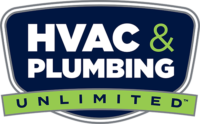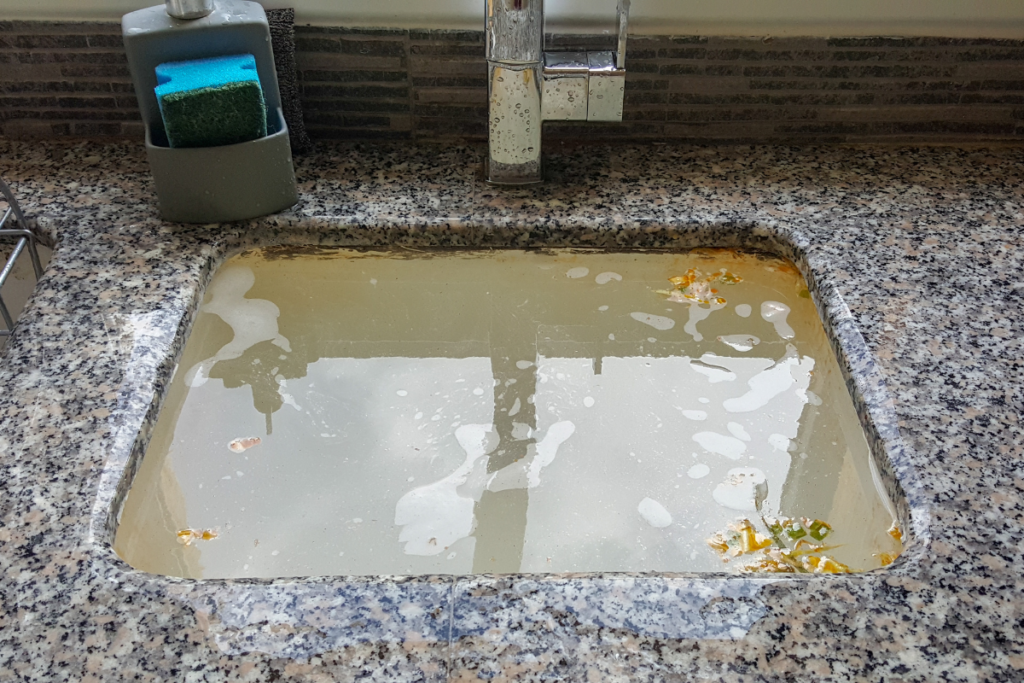Few things are more annoying than a clogged drain. Whether it’s your kitchen sink, your shower, or your toilet, a clog can bring your day to a halt.
But not all clogs are created equal. In fact, there are several common types of drain clogs that plague homeowners, each with its own unique causes and solutions. So, what are the most common types of drain clogs? Let’s dive in!
Hair and soap scum
If you’ve ever had to snake out your shower or bathroom sink, chances are you’ve encountered this dynamic duo. Hair and soap scum love to team up and wreak havoc on your plumbing. Over time, hair can get tangled up in soap scum, creating a nasty, slimy mess that slows down your drain and eventually stops it up completely.
Food and grease
In the kitchen, food particles and grease are the biggest culprits when it comes to clogged drains. Even if you have a garbage disposal, some food scraps can still slip through and accumulate in your pipes. And when hot grease gets poured down the drain, it can solidify as it cools, creating a sticky, stubborn clog that’s tough to break through.
Foreign objects
Kids love to flush things down the toilet – toys, paper towels, you name it. But even adults can accidentally drop things like jewelry or razor covers down the drain. These foreign objects can get lodged in your pipes, creating a blockage that prevents water from flowing through.
Tree roots
This one might surprise you, but tree roots are a common cause of drain clogs, especially in older homes with clay or concrete sewer lines. As trees grow, their roots can infiltrate tiny cracks in your pipes, growing and expanding until they create a serious blockage. This type of clog can be especially tricky to deal with, since the roots are often deep underground.
Mineral buildup
If you live in an area of Northern Virginia with hard water, mineral buildup can be a real problem for your faucets/shower heads/dishwashers/washing machines. Over time, minerals like calcium and magnesium can accumulate inside your fixtures, creating a hard, crusty buildup that narrows the diameter of the water passages through the fixture and slows down water flow. This type of restriction is more common in older homes with galvanized steel pipes.
But knowing what’s causing your flow restriction is only half the battle. To really tackle the problem, you need to know how to fix it with proper filters and water conditioning.
Fortunately, there are plenty of DIY solutions for minor clogs, like plunging or snaking. For tougher clogs, or if you’re dealing with a recurring problem, it’s best to call in one of our professional plumbers. We have the tools and expertise to diagnose the issue and get your drains flowing freely again in no time. Plus, we’re almost always offering great deals on drain cleanings.
Contact us online or give us a call today (703) 337-4892 to learn more about how we clean clogs and tackle every other plumbing problem with ease!

